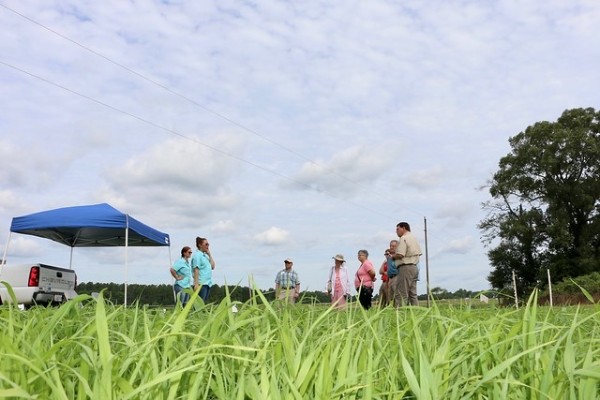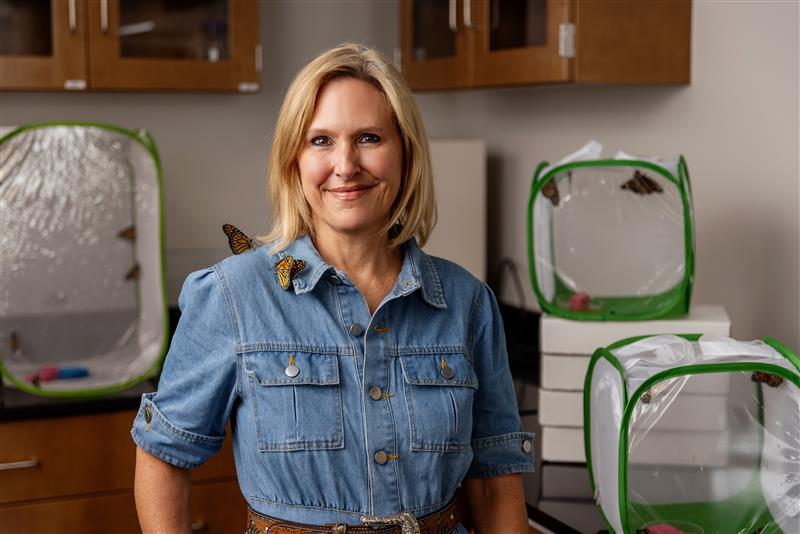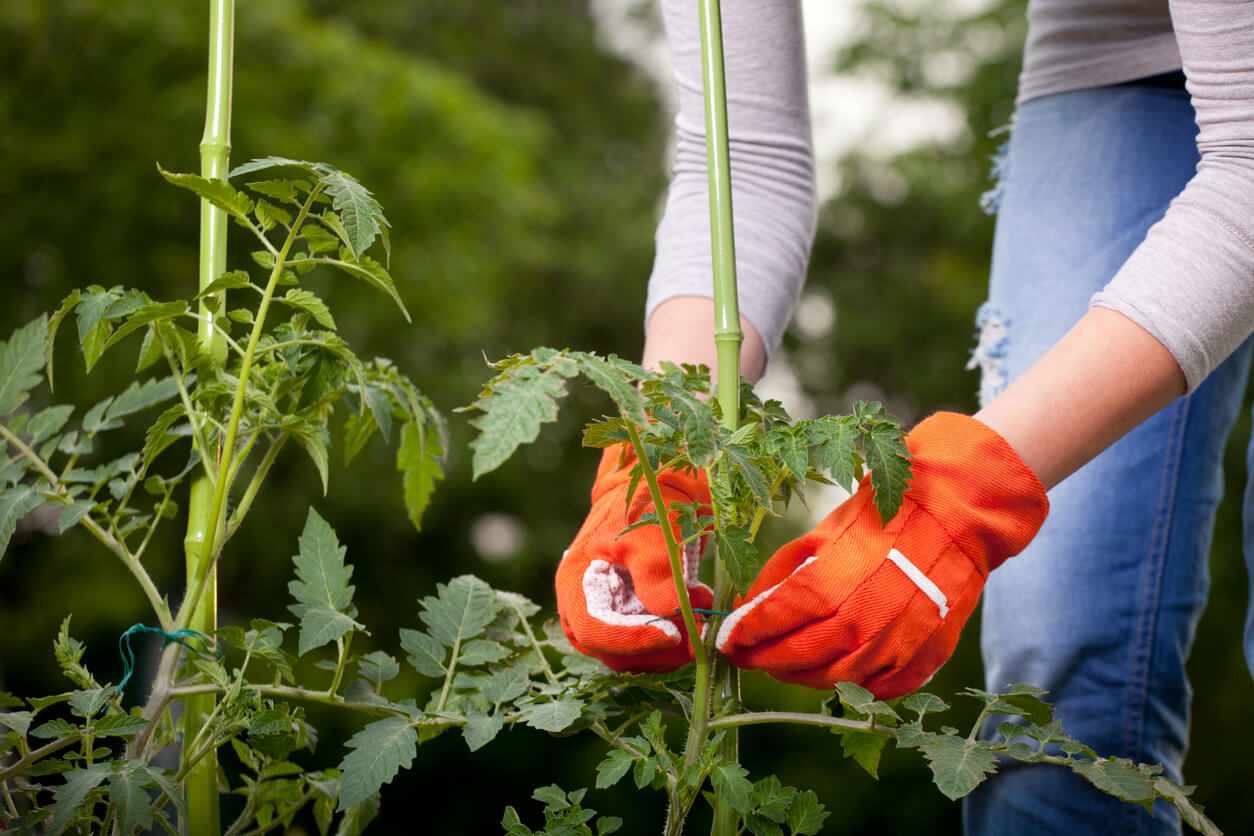Our Work and Priorities
The University of Georgia created the Stripling Irrigation Research Park (SIRP) to be an innovative irrigation research and education center. The park is an easily accessible facility to offer assistance for farmers in irrigation management as well as to provide general information to the public regarding the role of water in the regional economy.
Scientists, engineers, and extension specialists collaborate with the staff and administration of the park to define crop water needs and improve food, feed, and fiber production using efficient irrigation methods. Industry partners are able to test equipment and water conservation strategies for Georgia under the objective eye of the college’s researchers. SIRP provides educational opportunities and demonstrations for farmers, irrigation companies, as well as students in local technical colleges and universities. Additionally, we often collaborate with the local Mitchell County Extension Office staff.
Agricultural water conservation is at the forefront of topics in southwest Georgia with the increasing frequency of drought periods and increasing water demands throughout the Apalachicola – Chattahoochee – Flint (ACF) River Basin. Thus, the mission of the Stripling Park has included conservation ideals since its inception. With the ongoing “water wars” over water flow and demand in the ACF River Basin, maximizing efficiency and conservation efforts in this region has become a priority.



